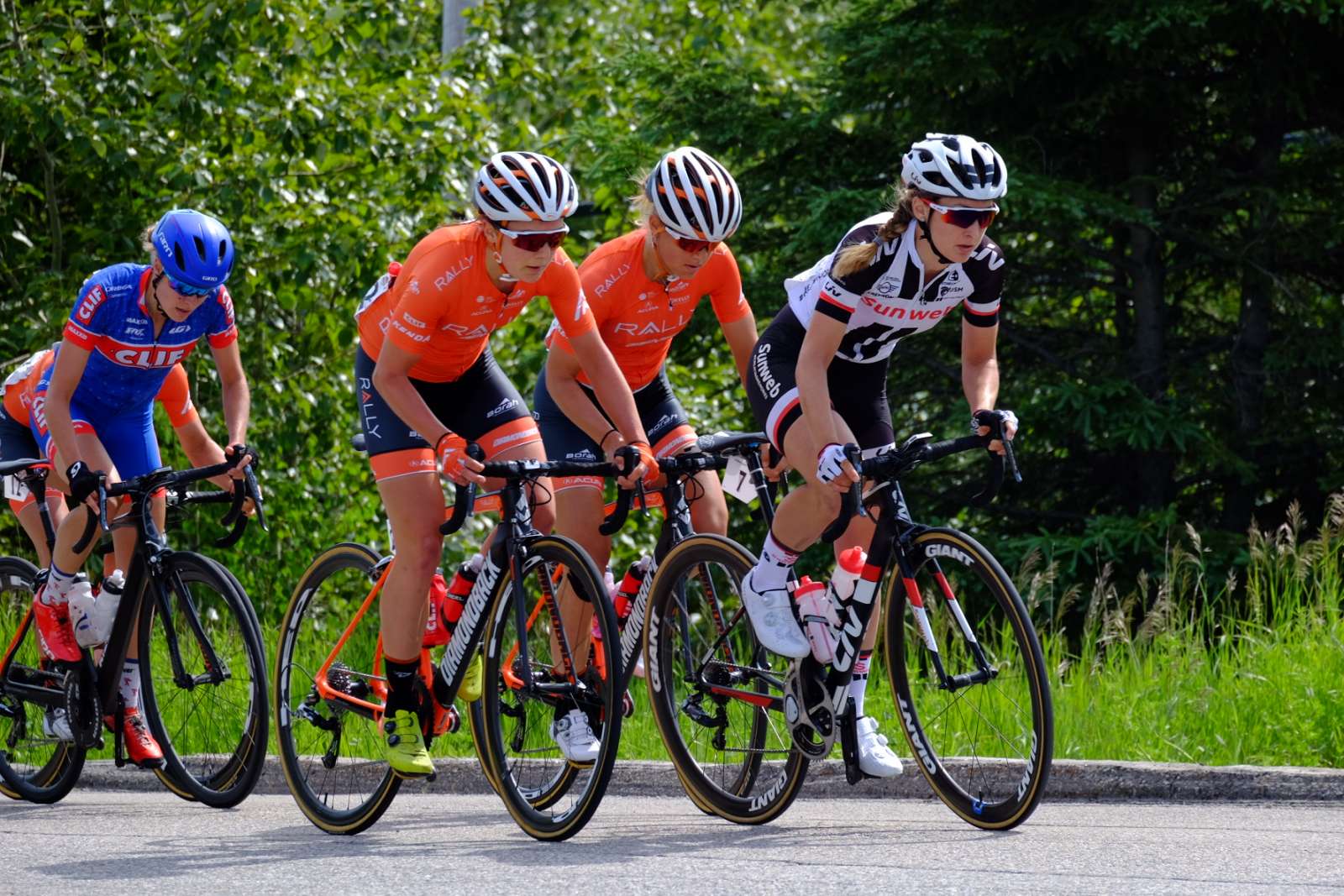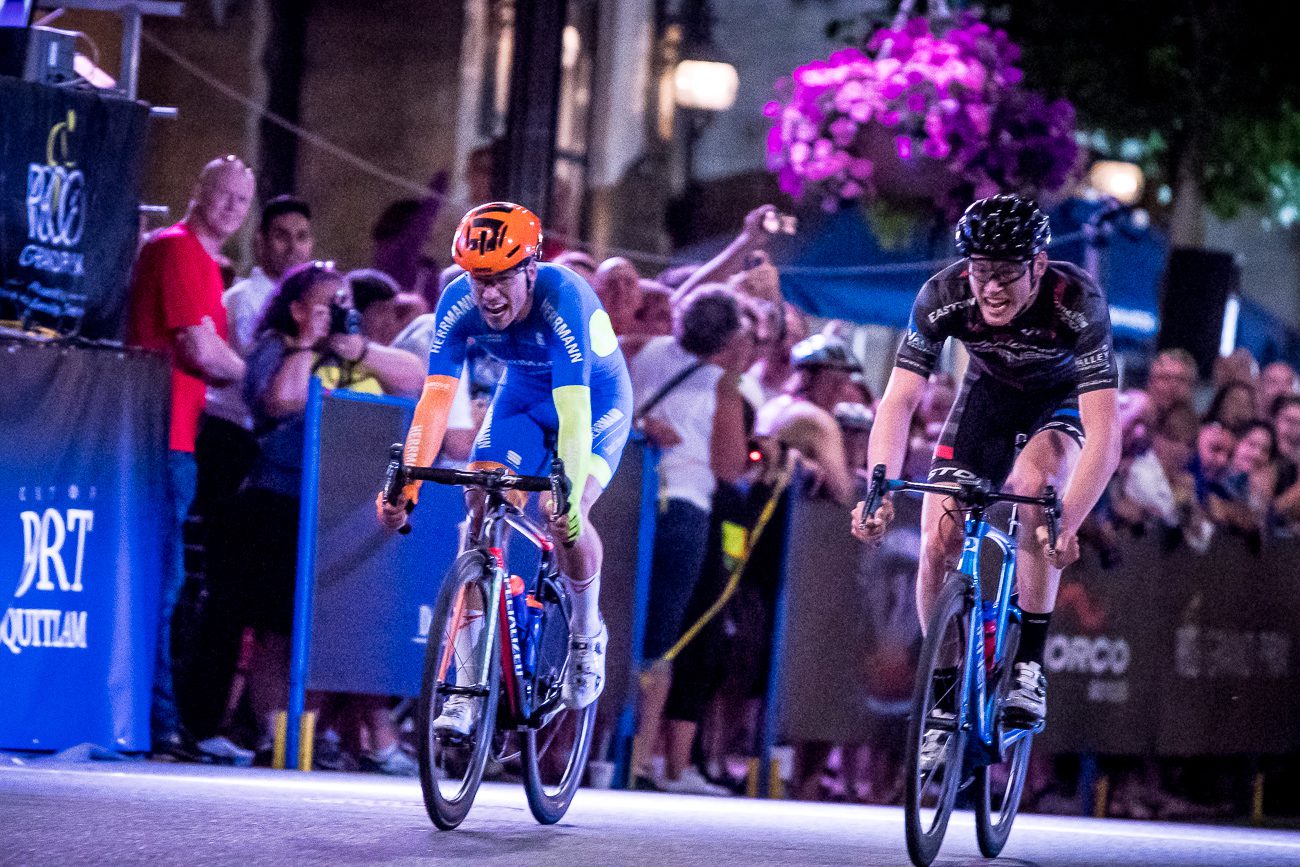Ask Oli: Prairie Power
How do so many fast riders come out of Manitoba?

“How do so many fast riders come from Manitoba? And why can they climb?” is something I’ve been asked numerous times. Usually I shrug in response because, up until now, I’ve honestly had no idea.
Manitoba doesn’t exactly have ‘so many’ fast riders, but it’s all relative. Not that many people race in Manitoba compared to other provinces, so when we take a look at the small pond of Winnipeg producing some decent sized Canadian fish, it begs the question: how?

Leah Kirchman (Team Sunweb), Danick Vandale (Silber last year), Mitch Ketler (Probaclac Devinci), Karlee Gendron (just retired), Kurt Penno (Toronto Hustle), and maybe even me at some point (washed up) to name a few. All these names have been popping up in recent years, and they’re all riders from Manitoba. So, what is it in Manitoba, the land of flat and cold, that could possibly be the recipe for a strong cyclist.
Well, I visited Winnipeg recently, and properly rode for the first time in the Prairies since the 2017 Canada Summer Games. Returning after my hiatus from Prairie riding, I took note of some things that were harder than I remembered.
The Wind
It should be obvious, but no memory or imagination will serve justice to the challenge this element poses. You can’t escape it. There’s no coasting. You develop a rhythm and ride with a lower cadence; it’s like one big, constant climb.
The Flat
The pancake landscape is challenging physically and mentally. So too is the wind. And hand-in-hand the two are a viscious mixture, each potentiating the challenges of the other. The flatland allows the wind to build and gust, and though there are no climbs, there are also no descents, and so again, we must always pedal.
The Heat
It’s hot. And humid. Plain and simple.
The Cold
It also gets cold. Very cold. This means 6 months on the rollers. That’s tough.
The Straights
When you can see your finishline from the startline, that’s never nice. This is the most mentally taxing part of riding here. Without hills or turns, you can see a landmark on the horizon for ages. It often feels like you’re going nowhere. There’s no view, turn or attraction to distract you from the task at hand.
The Masters
They’ve been riding longer than any of us, and they always ride hard. They’re always strong. They’re the ones we hoped wouldn’t show up to races when we were kids, and we’d get excited as the start neared if they still hadn’t made an appearance. But they always showed, minutes before the start, just when your hopes were highest, and then they pushed you.
They’re the reason racing in Manitoba exists. They’re the reason we got strong as kids. And they still push us on rides today.
All of these factors alone are mentally taxing. Together they’re brutal. And my theory is that anyone who can train in these conditions for a couple years will be a good cyclist, because they’ll be so tough mentally. It takes serious motivation to get out and push hard in those conditions each day. It takes toughness to get through each ride and even more to start the next.
This past week, I rode near Winnipeg for four hours with some of the masters that I feared as a kid. They pushed me again (as always). I found myself slowly counting to 60 five or six times to get through each pull, as I couldn’t focus on anything else. I needed to meditate, in a way, in order to get through it.
I questioned how I had ever done this before, I kind of hated it. BC has made me spoiled and soft.
A sick thought came to mind as I suffered: What if someone hosted a professional team training camp in the midsummer in Manitoba? But I thought better of it. It would be too much for a lot fo riders from elsewhere. People would break. Mentally, that is. It would be evil. You have to be born and raised riding those roads to be able to train consistently on them without breaking.
Despite all the tough conditions, I think it’s Manitoba’s cycling community that makes it all bearable. We all had the same coach, and raced the same races hosted by the same clubs and volunteers. And they still cheer us on today.
Sometimes, the support we’ve all received gives us a tailwind.
